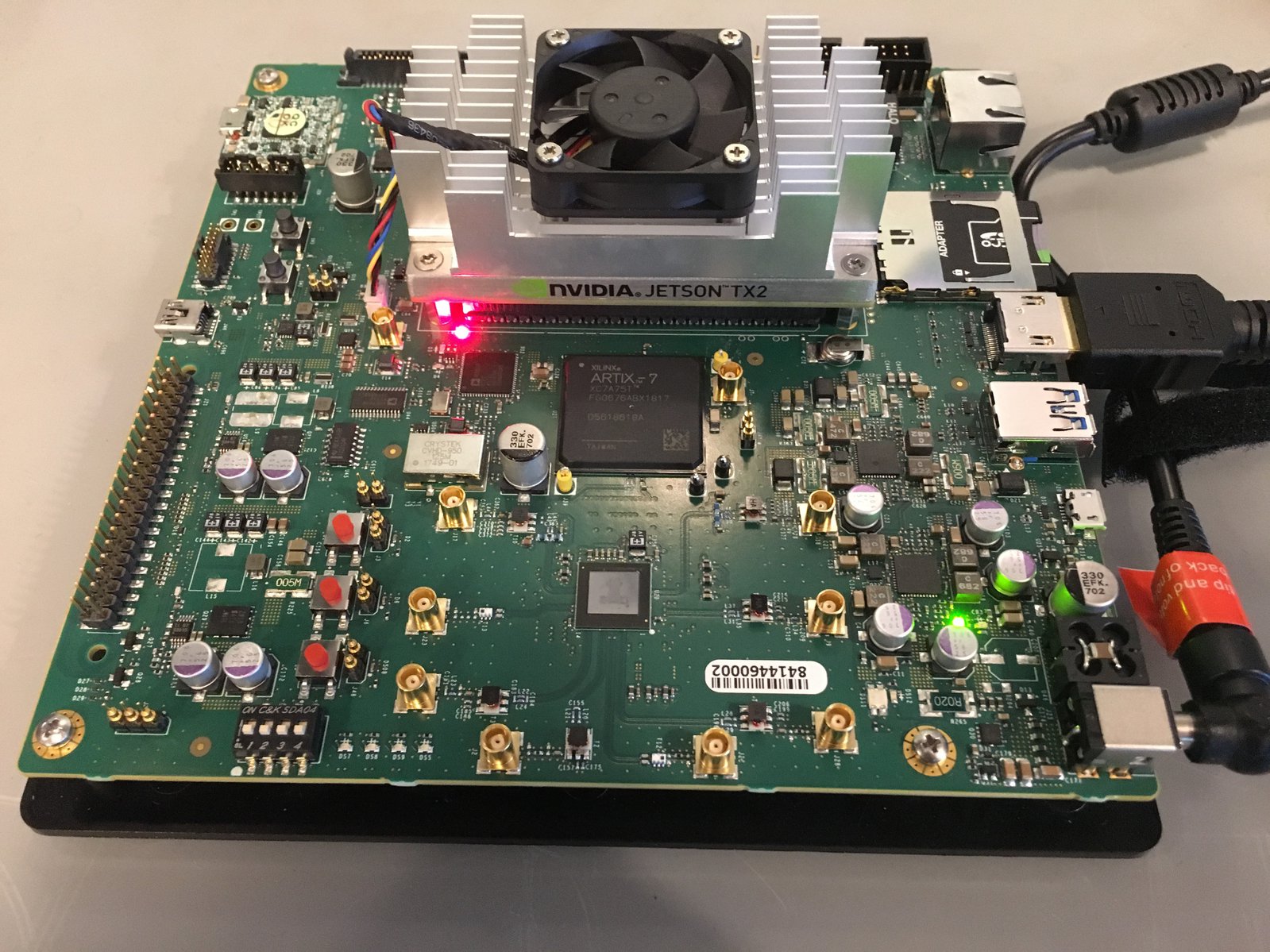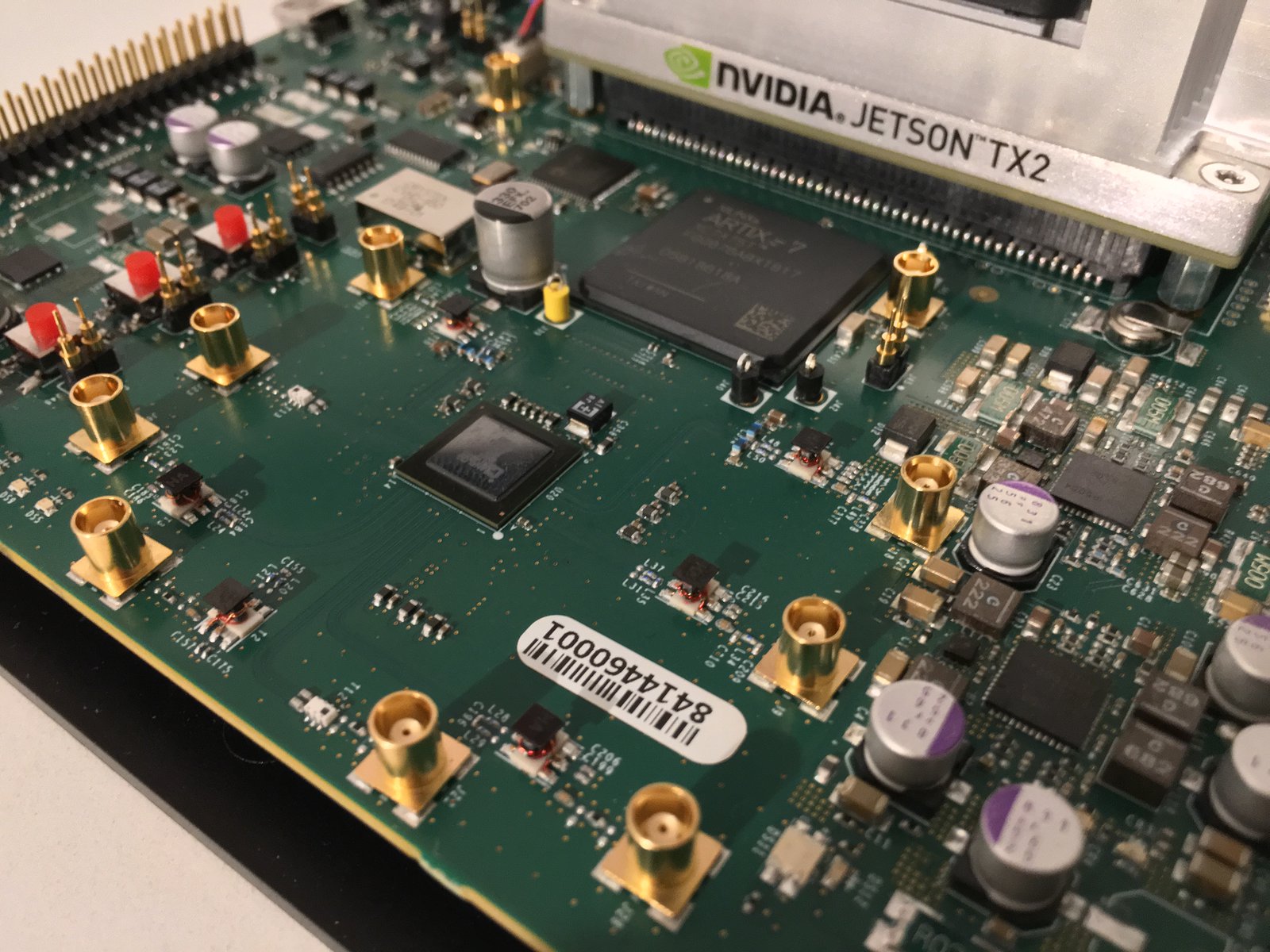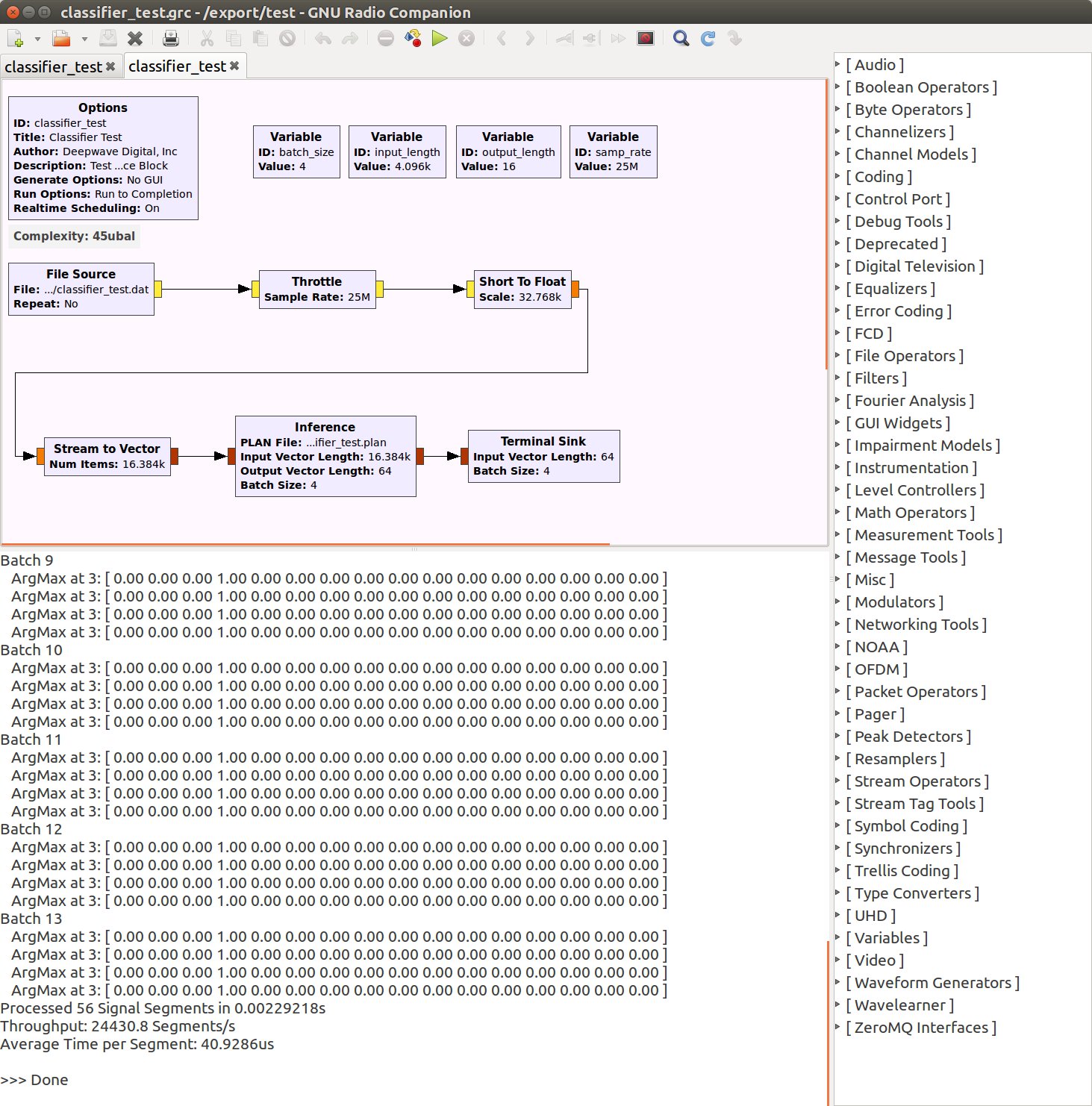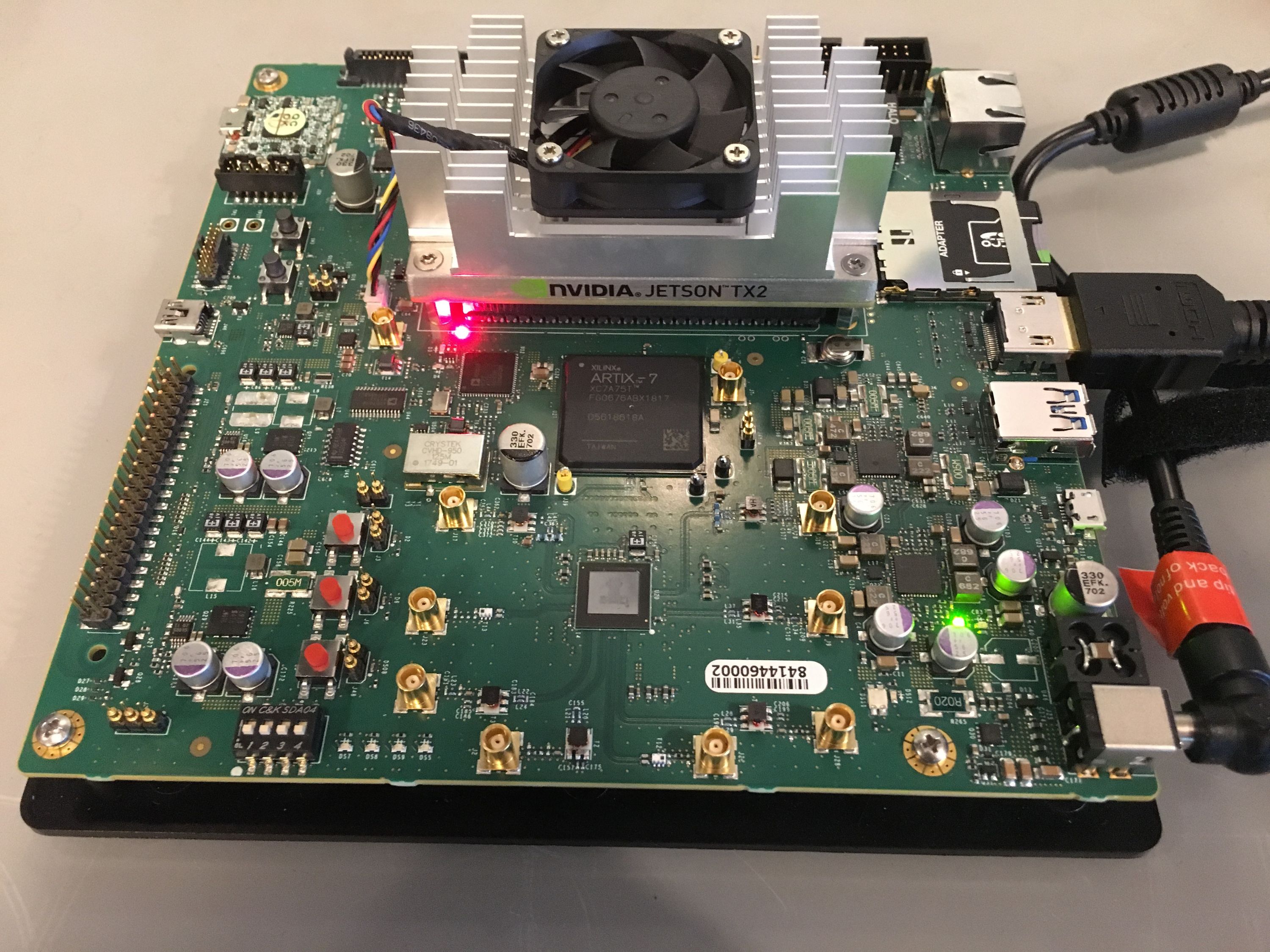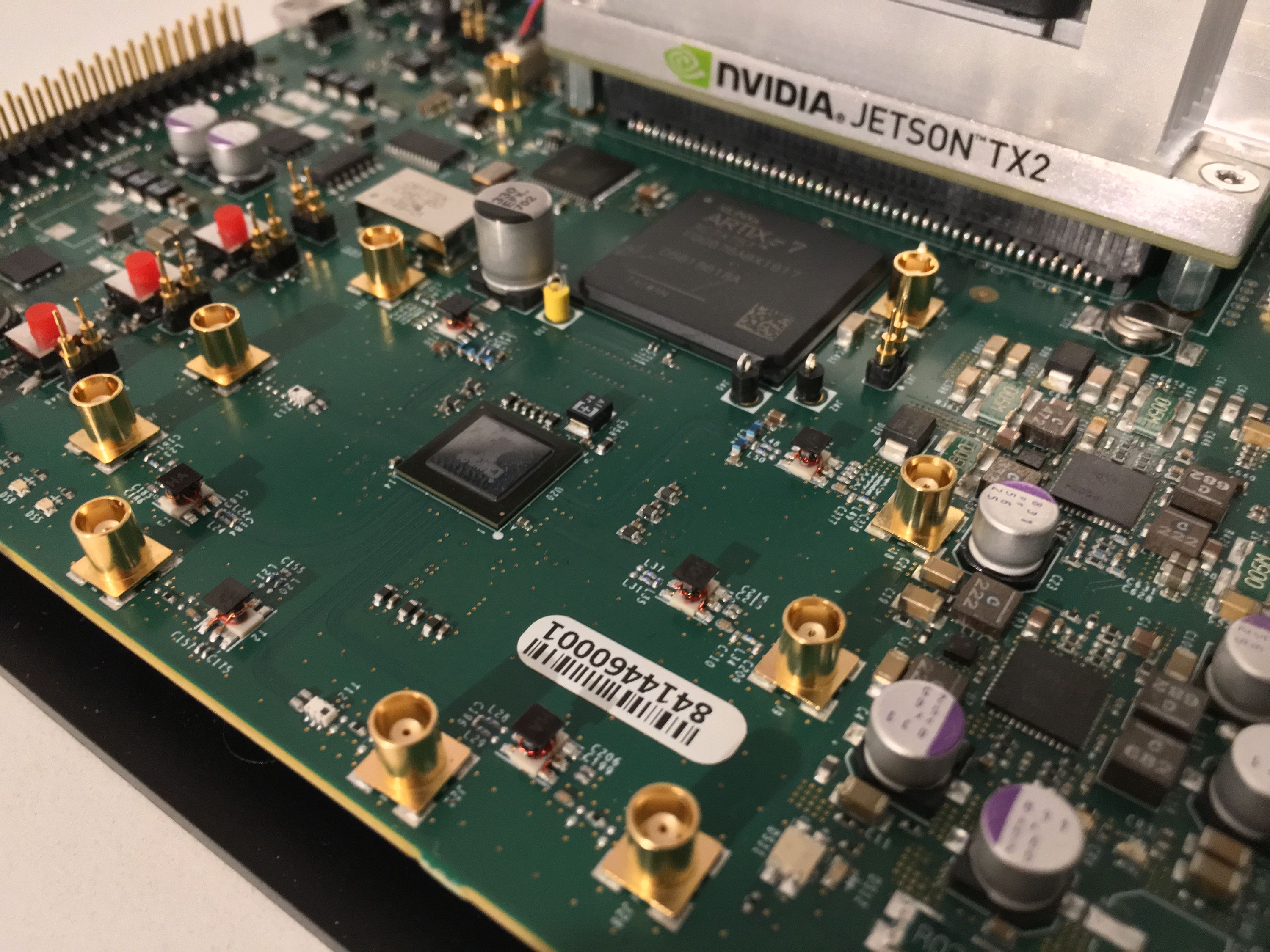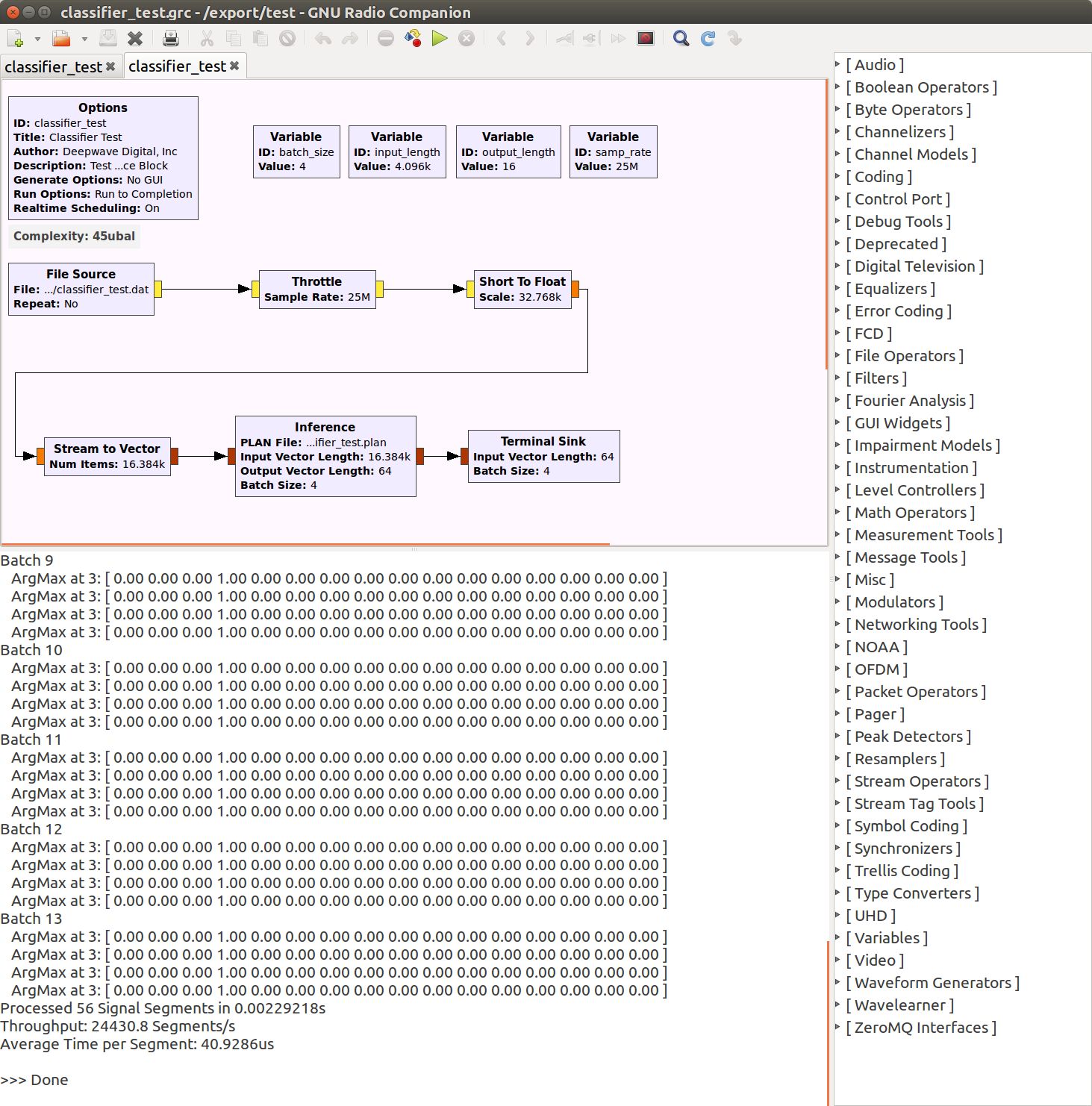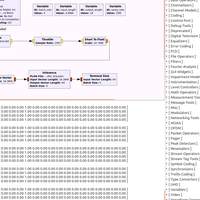Project update 14 of 20
Testing Prototypes and Announcing GR-Wavelearner
The AIR-T prototypes have arrived and are undergoing testing, delivery of production units has been pushed to January, and we have a new deep learning tool for GNU Radio.
AIR-T Prototypes Have Arrived!
The AIR-T prototypes are here and we’ve been putting them through tests! Our contract manufacturer has done an excellent job at making sure the AIR-T meets our specifications. We still have a few weeks of testing and then there will be some slight changes based on our findings. As things sometimes go with manufacturing a complex piece of hardware like the AIR-T, we are a bit behind schedule. Because of this and the upcoming holidays, our updated estimate for shipping is now January 15, 2019. In the meantime, we would like to share some AIR-T eye candy with you.
We’ll keep you posted on the progress of the testing and production.
GR-Wavelearner: An Open Source Deep Learning Tool for GNU Radio
GNU Radio has become synonymous with the rapid prototyping of software defined radio (SDR) solutions. GNU Radio has simplified development for everyone, from beginners just starting to explore the radio frequency (RF) spectrum, to seasoned digital signal processing (DSP) engineers. While GNU Radio has a huge library of DSP functionality, there are limited resources for deploying deep learning algorithms. This is why the Deepwave team has created GR-Waveleaner.
GR-Wavelearner is an out of tree (OOT) module for GNU Radio that interfaces to NVIDIA’s TensorRT deep learning binaries from a GNU Radio flowgraph. TensorRT optimizes deep learning networks for inference operations on an NVIDIA graphics processing units (GPU). We’ve tested GR-Wavelearner on the AIR-T, laptops, and NVIDIA Tesla GPUs.
Download GR-Wavelearner here
The comprehensive README file will help you get started, and, best of all, we actually provide you with a trained convolutional neural network (CNN) that classifies signals based on deep learning! You can use the trained CNN to learn the ropes or adapt it to your own application.
We’ve put a lot of effort into making GR-Wavelearner a great tool and we even got our friends at NVIDIA to take it for a test drive with their Docker environment. We think it is a great way to deploy deep learning for wireless technology, but we really want to know what you think.
Thanks for your support,
The Deepwave Team
